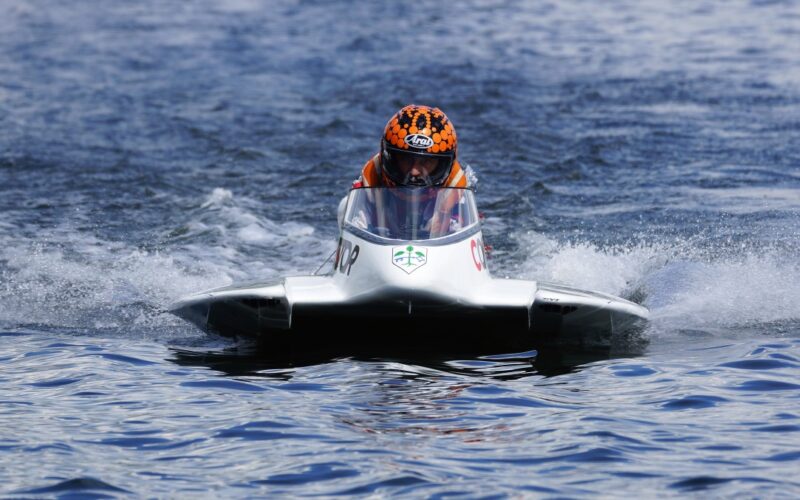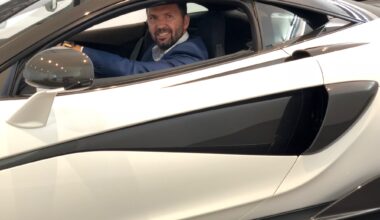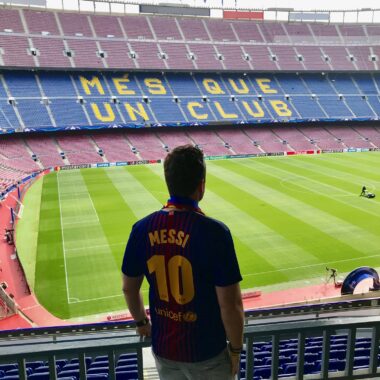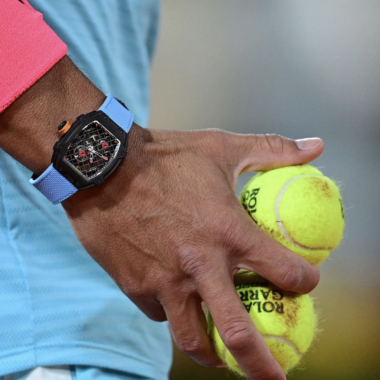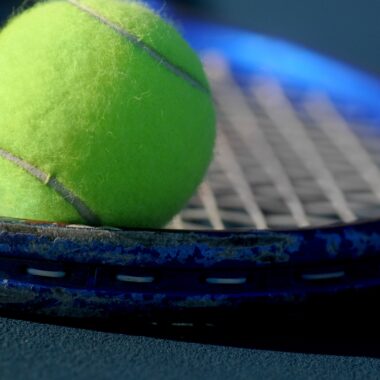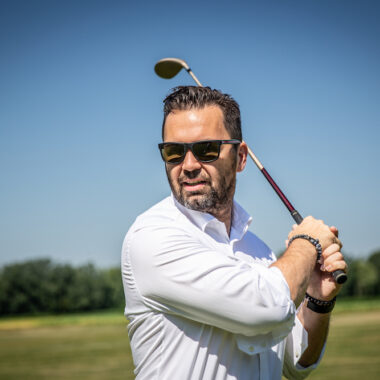The combination of speed and water is the perfect combo for me. I have said on many past occasions that I like sailing and motor yachts but I have not yet written a post about my passion for motorboating, or more precisely powerboating. Since it is the summer and many people are spending their time at the seaside or lakeside, I thought this topic would be a nice read on a lazy Sunday.

Most of us associate the term “motorboating” with one name only: Waldemar Marszałek. The six-time World Champion and four-time champion of Europe is the best motorboat contestant not only in Poland but also in the world. Motorboating is the equivalent of the Formula 1 for cars: here too, just like in car races, what counts most is speed and technique.

It is said that motorboating was born in 1863. This was when a Frenchman Jean Lenoir installed an engine on a small boat. It was not until 40 years later that the first serious race held on the waters of the English Channel took place. The Powerboat World Championship is held since 1938.

Most motorboats are deploying very powerful engines. The F1H2O class engines can have 450 hp, thanks to which they can accelerate from 0 to 100 km/h in just 2.5 seconds. Their maximum speed is around 250 km/h, and the load factors at turns can be as high as 6G! Interestingly enough, all the moving elements in the engine have to be replaced after 1 hour of such performance. No wonder that the price of a single goat is a few hundred thousand Polish złoty. However, even such speedy boats still cannot beat the official speed record broken by Kenneth Warby on the Spirit of Australia hydroplane: 511 km/h!

Motorboating is a beautiful albeit dangerous sports. Visibility during the race is frequently very limited because of the splashing water. The drivers see very little so they are driven primarily by instinct. In a sense, the sport is a combination of driving, flying and boatingand this might be why it is so spectacular.

